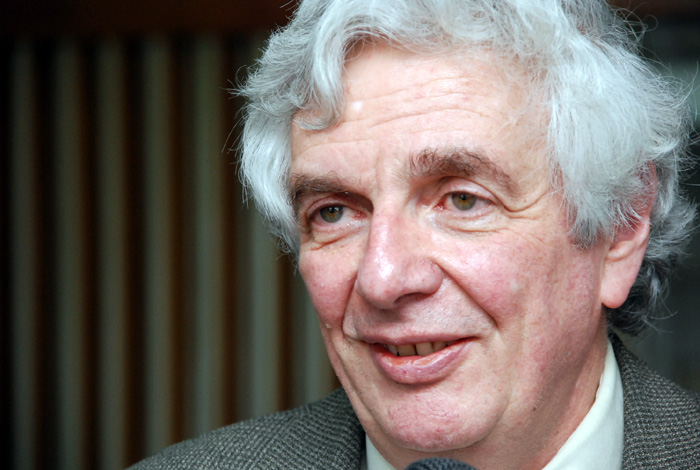Just as said by the President of the Universidad Nacional de Colombia, Professor Moisés Wasserman. He explained that what they really did was to take the sequenced genome of a very small bacterium and to implant it into another, replacing the latter"s natural chromosome.
The fact that a "synthetic cell" has been created is still on discussion. What is true is that the study demonstrates the real possibility of synthesizing (to determinate the exact order in which chemical basis of DNA are disposed) a genome, based on existing information, and to regenerate a cell that will behave according to this information, explained the University"s President.
In his opinion, it"s more a quantitative change than a qualitative one: "Everything we imagine this cell can do in a close future, has been done already for several years through other methods, such as genetic transformation. All transgenic, such as vegetables or bacteria, even animal cells, are completed by introducing smaller molecules within their cells which provides them with new functions."
Acknowledging the importance of the scientific advance, Professor Wasserman considers that this DNA implant from a bacterium to another could increase transgenesis complexity.
Innovative applications"
Among the expectations that have generated, around the world, this scientific result, there is the generation of energy and the possible fight of bacteria against climate change. This is not such a novelty, specially when, without creating an "artificial cell", genetic manipulation allows to complete these applications already.
"Cells consuming CO2 from the atmosphere, degrading oil spills in the sea, producing antibiotics and vaccines, are already being produced, without having to create new cells," added the President of the Universidad Nacional de Colombia.
As claimed by Professor Wasserman, Venter and his team opened the door to the production of new combinations that don"t" exist in nature, in other words, "could, theoretically, permit the design of a genome that, with information, will allow the cell to reproduce, benefit from energy and live, aside from adding, from other sources, genes that could generate a product or a determinate function."
 Correo Electrónico
Correo Electrónico
 DNINFOA - SIA
DNINFOA - SIA
 Bibliotecas
Bibliotecas
 Convocatorias
Convocatorias
 Identidad UNAL
Identidad UNAL



